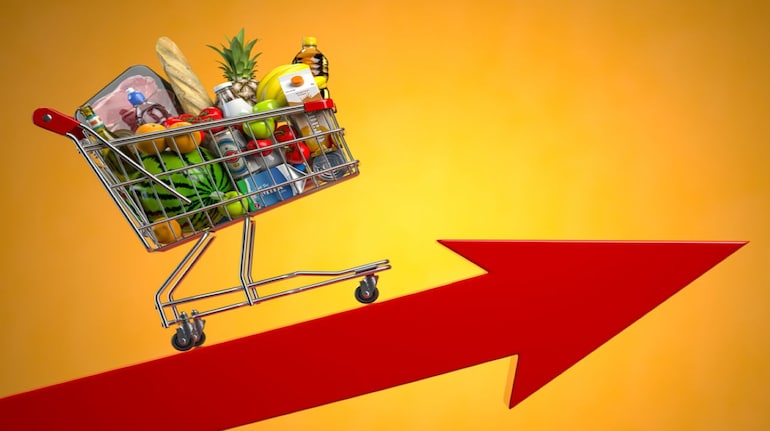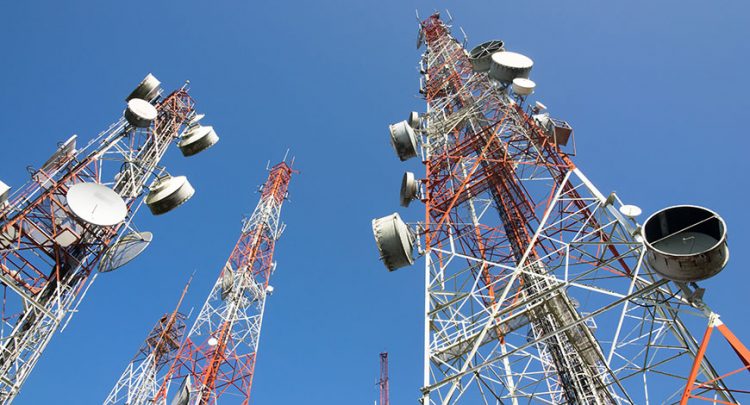India’s retail inflation inched up marginally in 2022 February remaining above the upper limit of central bank’s comfort level of six per cent for the second consecutive month,
While wholesale price inflation rate remained in double digits for the 11th consecutive month, making inflationary management challenging amid rising risks to growth momentum in Asia’s third largest economy.
Data released by the statistics department showed the consumer price index (CPI) based inflation rate rose to 6.07 per cent in February driven by clothing and footwear and fuel and light groups.
However, core inflation that excludes volatile food and fuel prices eased to 5.82 per cent in January from 5.85 per cent in the preceding month.
Separately, data released by the industry department showed the wholesale price index (WPI) based inflation rate rose to 13.11 per cent in February after declining for two consecutive months to 12.96 per cent in January.
During February, while inflation for manufactured items accelerated to 9.84 per cent as producers passed on increasing input costs to consumers, food and fuel inflation rates eased to 8.19 per cent and 31.5 per cent respectively.
However, as and when oil market companies increase fuel prices which have remained unchanged since November, it may increase inflationary pressure in the economy, mounting pressure on the Reserve Bank of India to increase interest rates.
As per the current monetary policy announced on February 10, 2022, the repo rate stands at 4.00% and the reverse repo rate at 3.35%. The marginal standing facility (MSF) rate and the Bank Rate stand at 4.25%.
The Monetary Policy Committee of the Reserve Bank of India last month kept key policy rates unchanged, contrary to expectations of a hike in the reverse repo rate, flagging the need to revive and sustain growth on a durable basis.
India’s December factory output growth decelerated to its lowest in 10 months at 0.4 percent, signalling fragility of India’s growth momentum.
The MPC has retained its inflation projection at 5.3 per cent for FY22 and has estimated 4.5 per cent inflation for FY23, assuming a normal monsoon. “
The potential pick up of input costs is a contingent risk, especially if international crude oil prices remain elevated,” it added.









